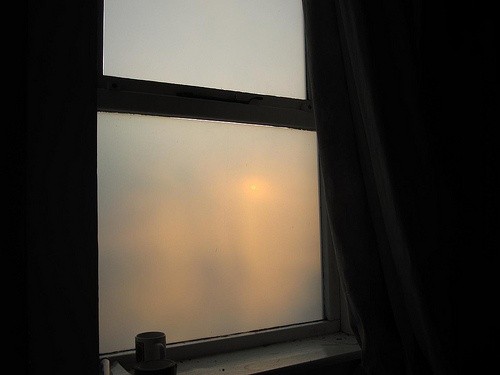It is a fact that most plants need as much light as possible to grow. However, houseplants in particular often receive only a few rays of sunlight. On the one hand, this is due to the fact that plants are often in unsuitable, too dark places and thus do not find optimal conditions.
And even if the plants are located near windows, this does not necessarily mean that they get enough light. This is because many people apply sun protection films against the heat, for example, in the case of windows that are located directly on the south side and therefore sunshine falls into the house throughout the day. Accordingly, the direct sunlight is limited.
In this context, of course, the question is interesting, whether sun protection films can harm houseplants?
Plants adapt to the new light conditions
First of all, you should know that pure UV light can actually harm plants. Moreover, plant growth does not depend exclusively on UV light. Plants need various elements of solar radiation for photosynthesis. Plants have the ability to adapt very quickly to new light conditions.
So you won’t harm most plants with a normal sunscreen film. However, you can expect houseplants to grow a little slower behind a sunscreen film. If you want to install sun control film in front of a window, ask about the film’s light transmission. It should not be too massively restricted for the plants by the film, less than 20 to 30 percent is advisable.
Some plants cannot tolerate too much sunlight and the heat associated with it, so there is a risk that they will die. Under certain circumstances, the use of tinted window film is therefore even advisable. Another advantage of sun protection films is that insects are largely kept away from plants.


